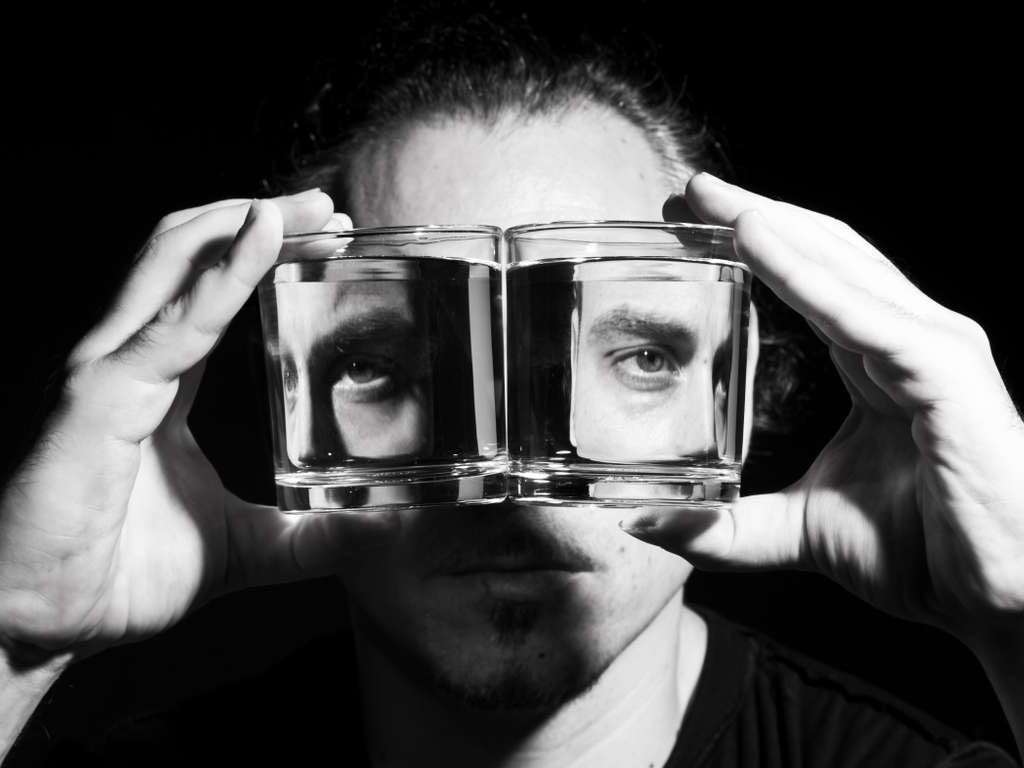What Is Bipolar?
5. Laboratory Studies
Although bipolar disease is a clinical diagnosis, an extensive range of tests are required to rule out any possible organic causes. Bipolar disease treatment will also involve the use of medications that require the body to work properly. Furthermore, bipolar disorder is a lifelong illness, and performing baseline studies can help establish the long-term effects of medications.
Some of the tests that can be useful include a complete blood count (CBC) test, erythrocyte sedimentation rate (ESR), fasting glucose, electrolyte levels, serum protein levels, thyroid function tests, lipid profile, creatinine, and blood urea nitrogen levels. Alcohol and substance abuse screening may also be required. Some additional imaging tests may include magnetic resonance imaging (MRI), electrocardiography, and electroencephalography.
Advertisement












